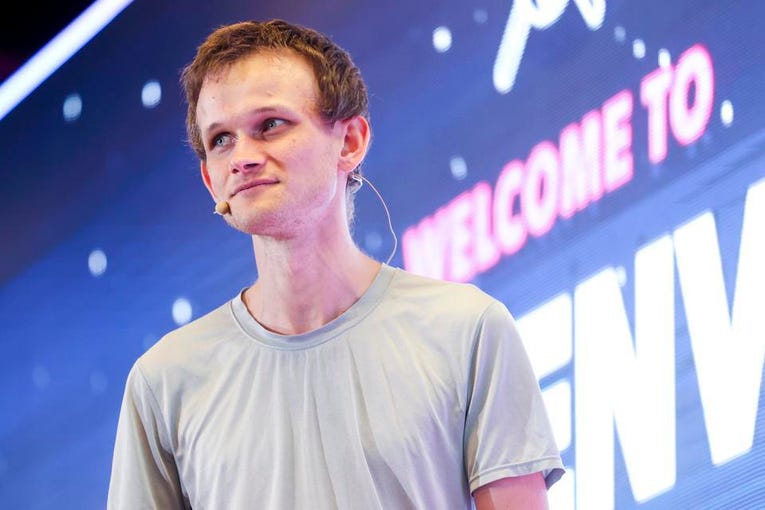
Additionally, approximately 72% of post-merger Ethereum blocks are OFAC compliant, according to data from mevwatch.info.
Flashbots, an independent project that extends execution clients with a service that allows finders to send MEV transactions to validators without revealing them to the public mempool, showed how a new mev-boost function solves this whole problem.
According to Flashbots, the new mev-boost feature allows validators to maximize Ethereum's resistance to censorship. Building the low-value blocks locally and outsourcing the construction of the high-value blocks.
Ethereum PoS system begins the test of time
The Ethereum network recently migrated from PoW to PoS via the Merge event, following significant pressure from global regulators. In addition, PoS has been described as an energy-consuming and environmentally unfriendly system.
While Ethereum miners adjust to the schedule of staking of the Beacon chain, some aspects of the blockchain are being debated to ensure future growth prospects.
Ethereum validators were faced with a crucial decision to make, which is critical to the future success of the ETH ecosystem. Additionally, competitive layer 1 blockchains are constantly evolving to comply with regulations and remain neutral to every transaction.
In particular, Ethererum validators are torn between executing regulation-compliant mev-boosts, or building blocks only locally, potentially losing over 100 ETH in profit. In short, Ethereum validators are torn between making big bucks or prioritizing OFAC compliant transactions.
It is now assumed that cryptocurrency regulations are inevitable as the cryptocurrency industry matures. Ethereum developers are pushing for the network to evolve by accommodating each country according to its own rules, mevwatch noted:
However, it is important to ensure that Ethereum remains credibly neutral on the global stage. All individuals and entities operating validators outside of the United States should consider operating uncensorable relays for the good of the network.
Starting points
The price of Ethereum rebounded along with that of the entire cryptocurrency market on Wednesday, to settle around $1.165.
The ETH ecosystem has a market capitalization of approximately $140 billion, with an average trading volume of approximately $8,7 billion. As a result, the ETH network has a market dominance of approximately 16,3%. The Ethereum network has approximately 472k validators who have staked approximately 15.135.584 Ether.
